Where to stay on the Huelva Coast: A Guide to Western Costa de la Luz
The Costa de la Luz extends along the coasts of the Province of Cádiz and Huelva in southern Spain. This coastal region is known for its fantastic beaches and unique natural spaces. The Huelva section of Costa de la Luz stretches from the mouth of the Guadalquivir River to the border with Portugal and is home to some of the most charming towns in Andalusia, extensive beaches with golden sand, and some of the best tourist developments in Spain. In this post, we will explore the best areas to stay in Costa de la Luz, Huelva.
Why you should visit Costa de la Luz, Huelva
Huelva’s Costa de la Luz is a unique region . Its main tourist attraction is its white and golden sandy beaches that stretch for kilometres. Unlike other coastal areas in Spain, the Huelva coast offers well-developed tourist areas, but also wild and secluded spaces that have not been touched by mass tourism. Find accommodation in Huelva’s Costa de la Luz.
In addition to endless beaches, the Huelva coast offers beautiful natural landscapes and protected areas. The most important natural attractions on the Huelva side of Costa de la Luz include the extensive Doñana National Park; a wetland ecosystem with Iberian lynxes and migratory birds, the Odiel and Isla Cristina marshes; featuring loons, cormorants and flamingos, and the dunes of El Portil, Punta Umbría, Odiel and Doñana.
Like the rest of Andalusia, the coast of Huelva has a long and complex history. The Guadalquivir region has been inhabited since time immemorial by numerous civilisations including Tartessians, Phoenicians, Greeks, Romans, Visigoths and Arabs. In fact, several historians place the mythical city of Atlantis in this area. After the Christian reconquest of Al-Andalus, the Huelva coast once again took centre stage as the starting place of Christopher Columbus’s first trip to America in 1492.
And Costa de La Luz is much more than beaches and natural landscapes, this Andalusian coastal area is also home to several historical and cultural attractions. The main cultural attractions on the coast of Huelva include the Monastery of La Rábida, the Muelle de las Carabelas, Aldea del Rocío and Castillo de Niebla. Find accommodation in Costa de la Luz, Huelva.
When to visit Costa de la Luz, Huelva
Costa de la Luz is known for its warm climate, with constant sunshine and clear blue skies practically all year long. The best time to visit Costa de La Luz is during the summer (June-September). During these months, low temperatures rarely drop below 22 °C and high temperatures are usually around 28 °C. The sea breeze helps maintain pleasant weather conditions and rainfall is rare during the summer.
To avoid the crowds and save some money, the best time to visit the Huelva coast is between the end of April and the beginning of June, or from the middle of September to the end of October. During these months, the temperatures on the Huelva coast are warm enough to go to the beach and hotels are still affordable.
Getting there and around
The easiest way to fly to Huelva is through Sevilla-San Pablo International Airport (SVQ). Located about 100 kilometres east of the provincial capital, this important Andalusian airport offers a wide range of national and European connections. Additionally, Faro International Airport (FAO) is about 120 km away, on the Portuguese side.
To get to Costa de la Luz by train, you can use the regional train connecting the city of Huelva with Seville and the Extremaduran city of Zafra. There are no trains between the towns of the Costa de la Luz. That said, there are several bus routes linking the different towns on the coasts of Huelva and Cádiz with the main cities in the south of Spain. See train and bus routes, schedules & fares.
To move between towns on the Costa de la Luz, the easiest way is by rental car. If renting a car is not an option, the coast of Huelva has a small network of urban buses, taxis and mobile applications.
Where to stay on the Costa de la Luz, Huelva
The best area to stay on the Costa de la Luz, Huelva is Isla Canela. This tourist town located by the sea and the Guadiana River has some of the best hotels and resorts in Andalusia. Isla Canela’s beaches are among the best in the country and natural landscapes such as the Isla Cristina Marshes are just a few minutes away by car. Find accommodation in Isla Canela.
Other excellent beach areas with incredible hotels to consider when deciding where to stay on the Huelva coast are Punta Umbría, Isla Cristina, Islantilla, Matalascañas and El Portil.
Furthermore, some of the most beautiful inland towns to stay in Huelva include Ayamonte, Lepe and Huelva city.
Keep on reading to find out more about the best areas to stay in Costa de la Luz, Huelva.
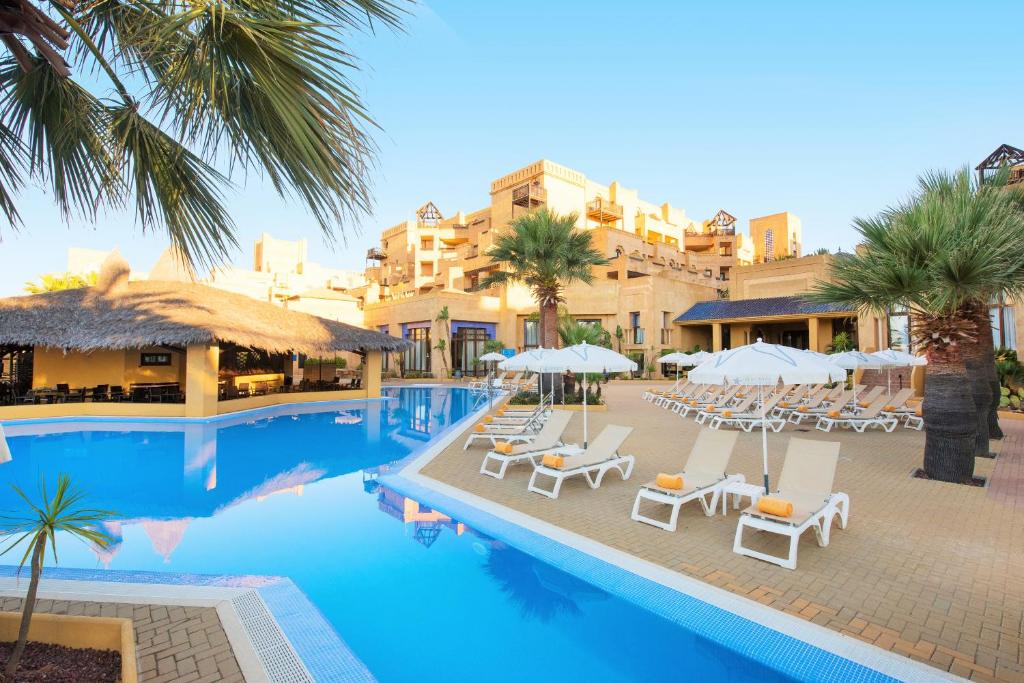
The Best Areas to Say on the Huelva Coast, Spain
1. Recommended area: Isla Canela
Isla Canela is a small tourist town in the municipality of Ayamonte, in the southwestern corner of Andalusia.
This beach town is located next to the mouth of the Guadiana River, which separates Spain from Portugal.
The island itself was formed less than three centuries ago as a result of the Great Lisbon Earthquake of 1755. Isla Canela’s true history as a tourist town dates back just a few decades. It has been in recent years that this area has begun to develop to become one of the most exclusive residential and tourist developments in the province of Huelva.
Today, Isla Canela has residential compounds, condominiums, hotels, commercial areas, a marina and a golf course.
The main beaches in this area are San Bruno, Isla Canela and Los Haraganes. All the beaches of Isla Canela have services and offer all kinds of water sports, especially kitesurfing.
Due to its geographical location, Isla Canela is an excellent place to discover a number of wonderful natural spaces. Isla Canela is located next to the wetlands of the Guadiana estuary and the salt marshes of Salinas del Duque, making it an excellent destination for bird watchers.
Isla Canela is connected to the rest of Spain and Portugal by road and is only 50 km from Faro International Airport.
Accommodation in Isla Canela consists mainly of large resorts by the most prestigious Spanish and international brands. There is also a wide range of upscale hotels and tourist apartments.
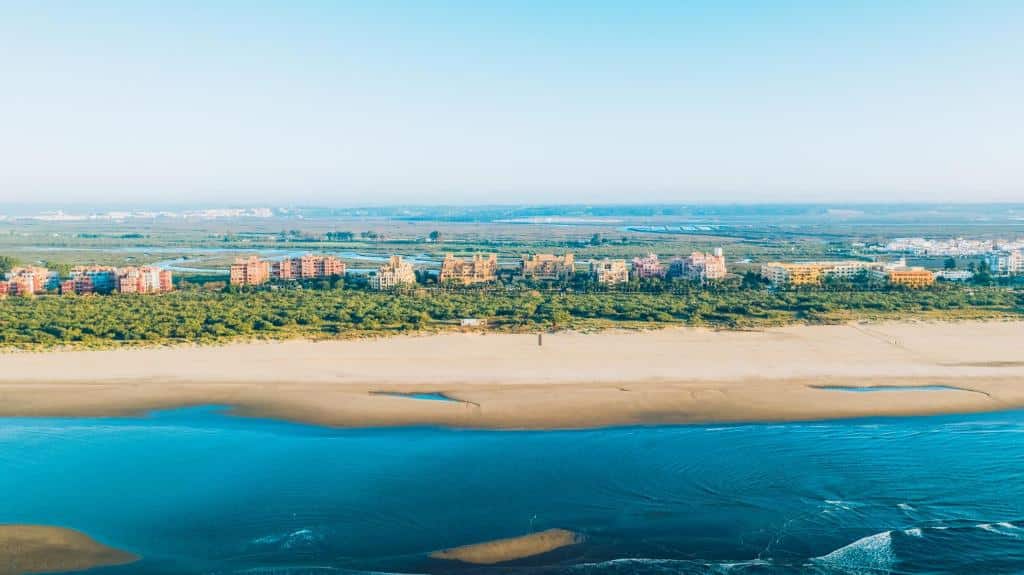
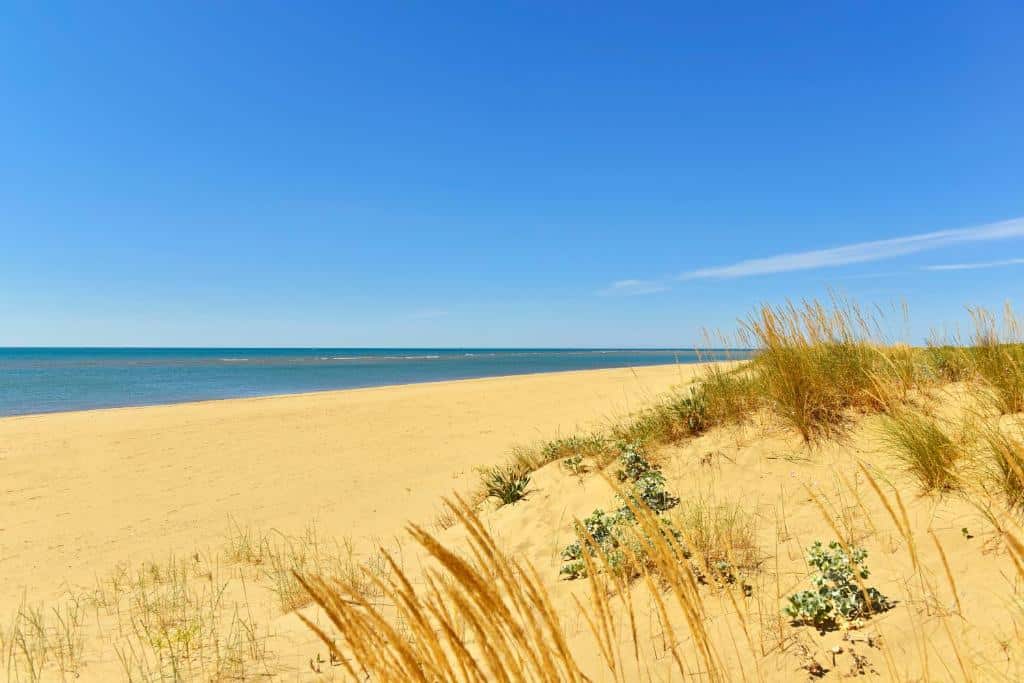
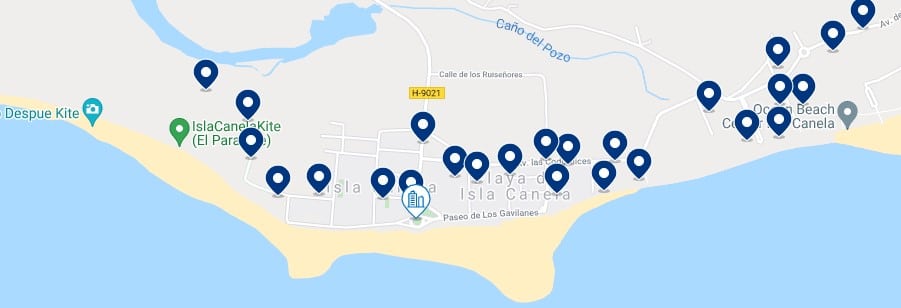
Why is this a recommended area to stay in Huelva’s Costa de la Luz:
- Fantastic beaches
- Near the Portuguese border
- Luxury resorts
- Restaurants and beach bars
- Natural attractions
Accommodation in this area
-
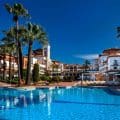
Barceló Isla Canela
Barceló Isla Canela is located in the historic town of Ayamonte, just 150 metres from Isla Canela Beach, and features a spectacular pool surrounded by magnificent gardens. There is also a bar-restaurant.
-
Luxury
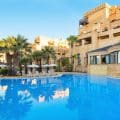
Iberostar Isla Canela
This Iberostar is located next to Isla Canela Beach, 1 km long, and offers views of the Atlantic Ocean. The complex is surrounded by gardens and has an outdoor swimming pool and a spa.
2. Punta Umbría
Punta Umbría is a town located by the sea and on the banks of the Odiel River, south of Huelva city.
This town has its origin in a small fishing port that began growing the 1960s thanks to the development of its tourism industry.
The oldest area of Punta Umbría is at its southern end, and it includes some houses built by the British mining company RioTinto in the 19th century for the rest and recovery of its employees working the copper mines in the north of the province.
Other cultural attractions in this area include the Torre Almenara and the Casa Museo de los Ingleses.
Punta Umbría stands out for its long golden sand beaches like Playa Punta Umbría, Playa Los Enebrales, Playa La Bota and Playa La Ría.
In the surroundings of Punta Umbría you can find several protected natural landscapes. The main natural attractions of this area include Las Marismas del Odiel, the Portil lagoon, and the Enebrales Natural Area.
A local bus service runs through the city. The modern bus station, located in the town’s centre, offers links to Cartaya, Huelva and Seville.
The area also has taxis and a ferry service that crosses the river to Huelva.
As for accommodation, Punta Umbría offers the most diverse hotel offer on the Costa de la Luz. Here, you’ll find everything from luxurious resorts to mid-range hotels, tourist apartments, hostels and guest houses.
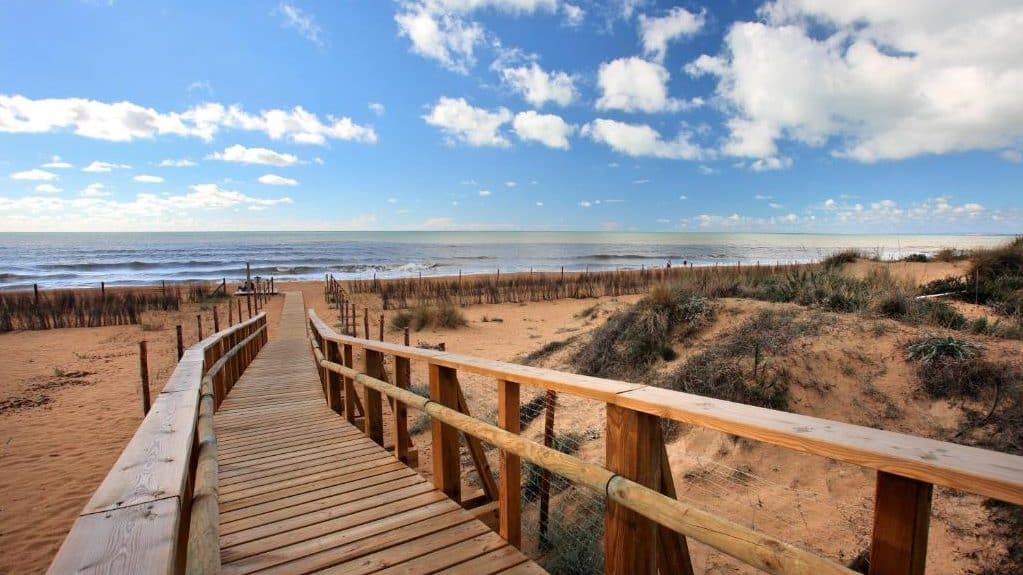
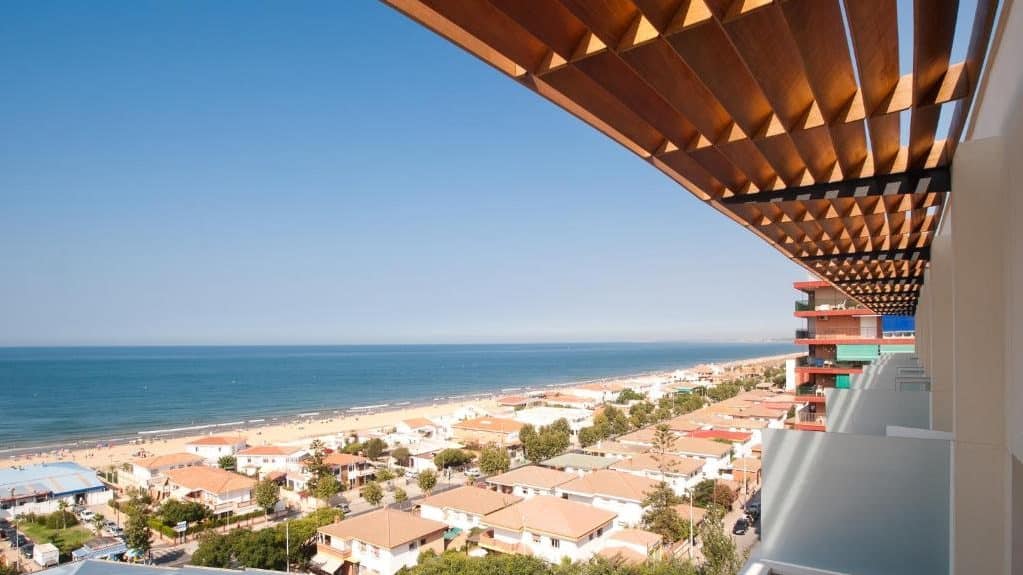
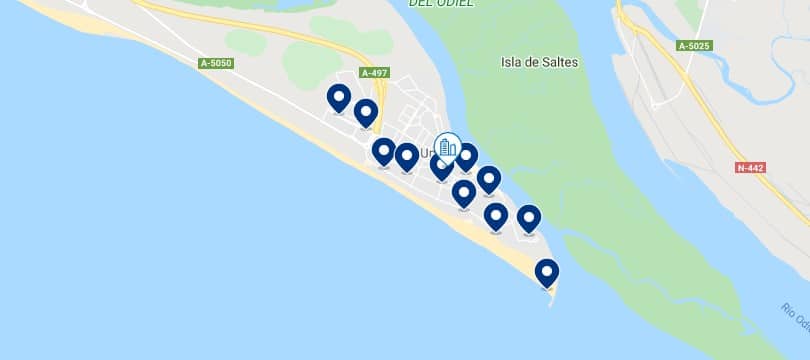
Why is this a recommended area to stay in Costa de la Luz, Huelva:
- Zonas naturales únicas
- Alojamiento de todo tipo
- Excelentes conexiones de transporte
- Atracciones históricas
Accommodation in this area
-
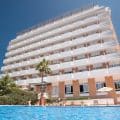
Pato Amarillo
Pato Amarillo is 70 metres from Punta Umbría Beach, 20 minutes’ drive from Huelva. Surrounded by gardens, it offers free Wi-Fi, 2 outdoor pools and rooms with a private balcony.
-
Budget

Hotel Ayamontino
Located in the coastal town of Punta Umbría, in southern Andalusia, this hotel is the ideal place to enjoy a sun-filled beach holiday and to explore the region’s cultural offerings.
-
Luxury
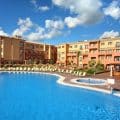
Barceló Punta Umbría Beach Resort
The Barceló Punta Umbría Beach Resort complex is located 200 metres from Punta Umbría Beach. It has 4 large outdoor pools, 4 children’s pools, a spa and several restaurants.
3. Isla Cristina
Isla Cristina is one of the best places to sleep on the Huelva coast.
With a population of around 20,000 inhabitants, Isla Cristina is one of the largest urban centres on Huelva’s Costa de la Luz and one of the most important fishing ports in Andalusia.
Like Isla Canela, Isla Cristina was formed after the 1755 Lisbon earthquake and has become an important tourist destination in recent years.
The main tourist attractions in this area include its more than 20 kilometres of urban, semi-virgin and wild beaches, and the Marismas de Isla Cristina Natural Park, a set of fluvial lagoons formed by the Guadiana and Carreras rivers including channels, pine forests and migratory birds.
From a cultural point of view, Isla Cristina stands out for its Lonja, a lively fish market where you can find the freshest product and participate in the famous auctions. On the other hand, the town’s historic centre offers pleasant areas to walk among traditional Andalusian and art-nouveau buildings. Some attractions in central Isla Cristina include the Church of Nuestra Señora de los Dolores and the Casa de Gildita.
The main beaches of Isla Cristina are Playa Cantil, Playa Punta del Caimán, Playa Isla de las Gaviotas and Playa Central.
Isla Cristina is connected to the rest of the Costa de la Luz by urban buses, the city also offers taxi services.
The accommodation offer in Isla Cristina is quite varied. Here, you can find the most modest guesthouses and pensions, hotels, and big brand resorts, as well as a large number of tourist apartments.
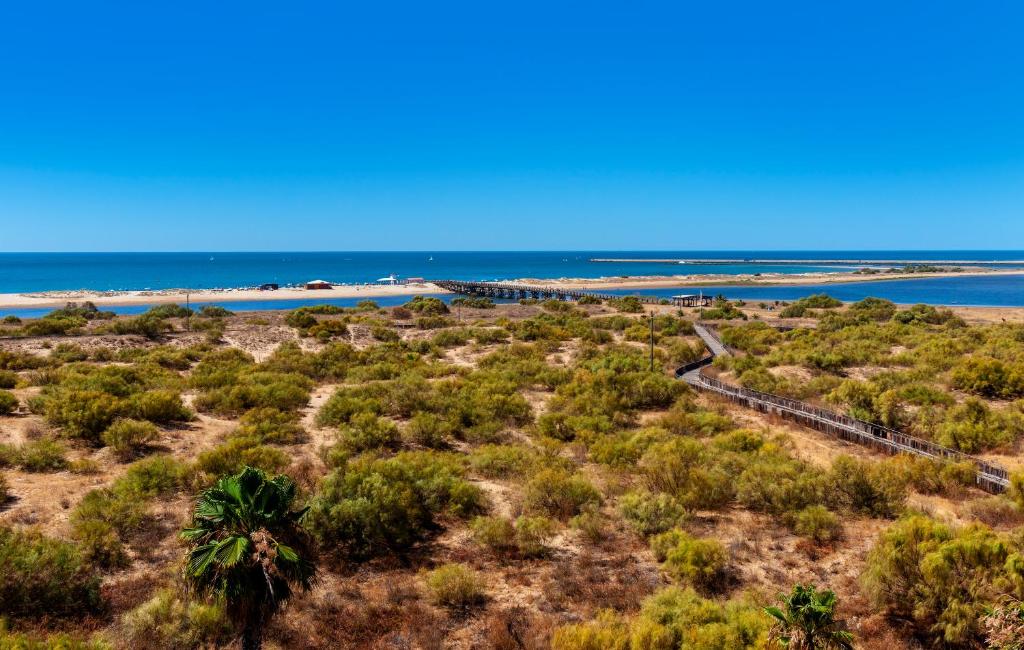
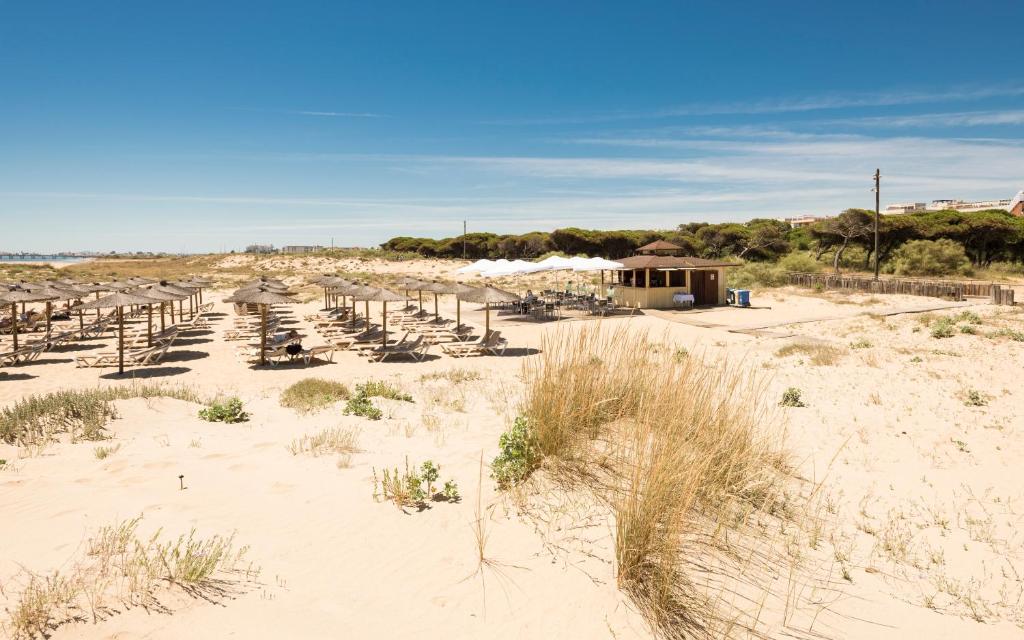
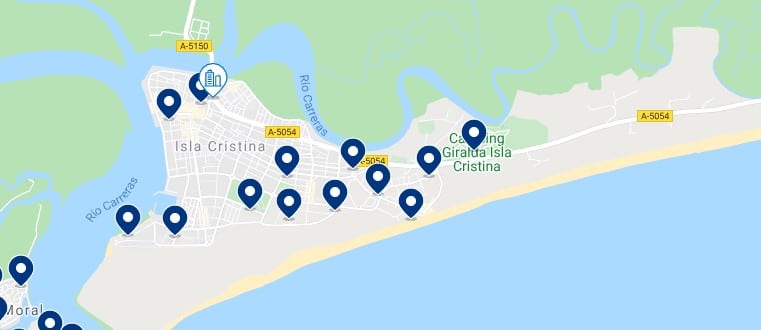
Why is this a recommended area to stay in Costa de la Luz, Huelva:
- Wide variety of accommodation
- Spectacular beaches
- Marismas de Isla Cristina Natural Park
Accommodation in this area
-
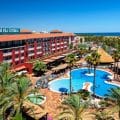
Occidental Isla Cristina
Located 600 metres from Isla Cristina Beach, this elegant hotel features an outdoor pool, gym and sauna. The Occidental Isla Cristina (formerly Barceló Isla Cristina) has spacious rooms with a balcony or terrace.
-
Budget
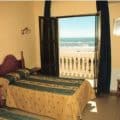
Solymar
This establishment is located in front of the beach, in Isla Cristina, an ideal place to enjoy a sun and beach holiday with all the comforts.
-
Luxury
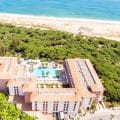
TUI Blue Isla Cristina Palace
Surrounded by dunes and pine forests, this elegant complex offers Andalusian-style accommodation with tiled floors and dark wood furniture. It offers indoor and outdoor pools, a gym and a spa.
4. La Antilla & Islantilla
La Antilla and Islantilla are two tourist towns located between Lepe and Isla Cristina.
The town of La Antilla is one of the oldest in the region and began to become a national tourist destination in the 1950s.
Today, the town is visited mainly by Spanish tourists and is known for its clean waters and calm atmosphere.
On the other hand, Islantilla, located a couple of kilometres to the west, has been developed in more recent times and offers numerous luxury hotel complexes and a golf course.
Like the other towns on the Costa de la Luz, Islantilla stands out for its beautiful beaches with extensive sandy areas.
The most popular beaches in this area are Playa Islantilla, Playa de la Redondela, Playa de La Antilla and the virgin beach of Flecha del Rompido, which stretches for 12 kilometres.
Nueva Umbría beach, located 2 kilometres from the town, is known for its naturist/nudists spaces.
In general, Islantilla is an excellent area to stay on the Costa de la Luz for those seeking the luxury of a resort, while La Antilla is a more family-friendly destination and has a good range of cheap accommodation.
Like the rest of the Costa de la Luz, Huelva, Islantilla and La Antilla are connected to each other and to other towns by bus services.
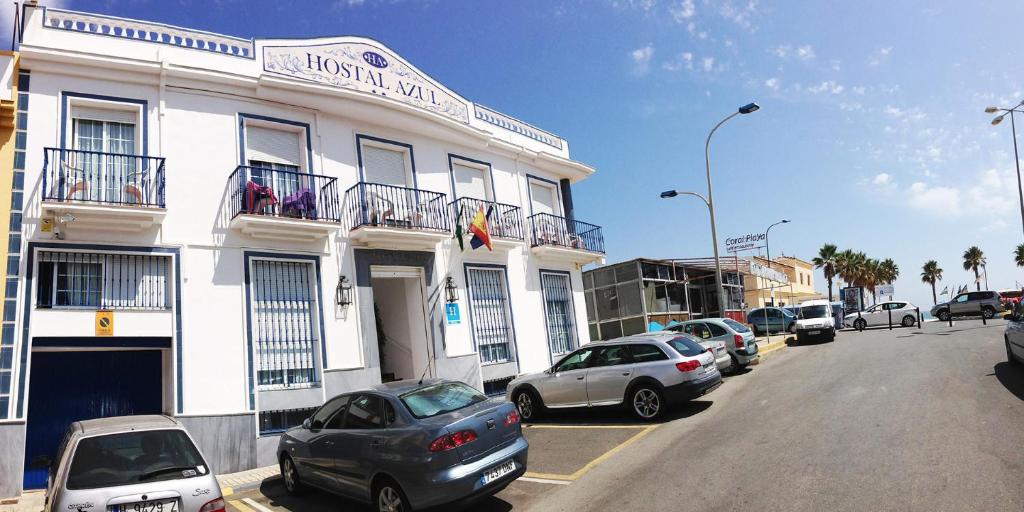
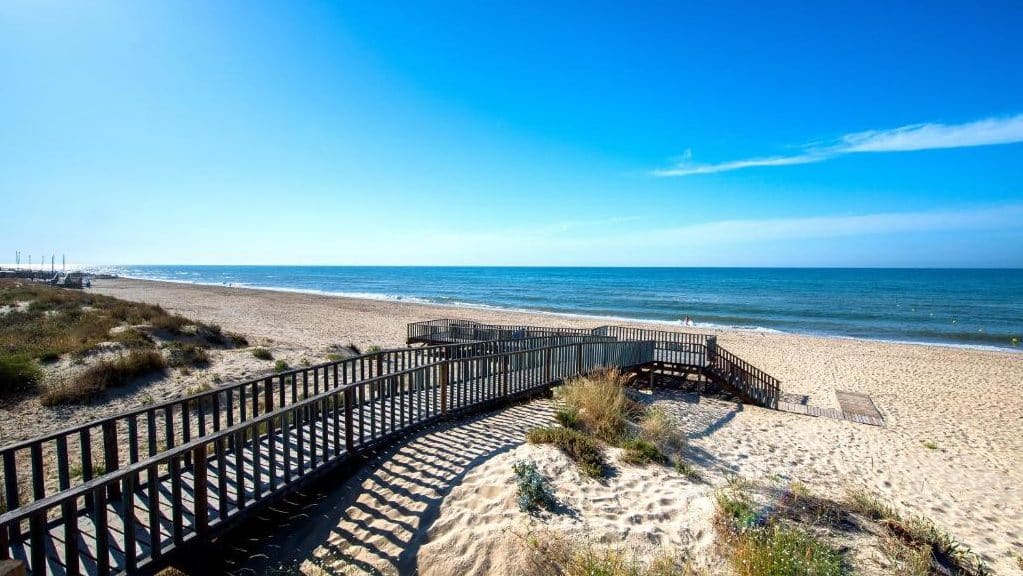
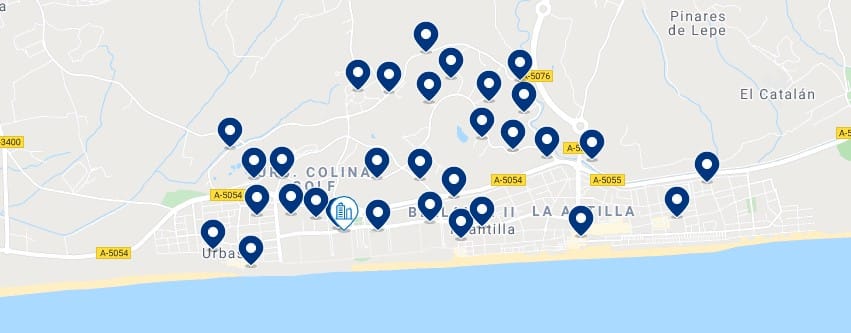
Why is this a recommended area to stay on the Costa de la Luz, Huelva:
- Excellent area for families
- Virgin beaches
- Wide variety of accommodation
Accommodation in this area
-
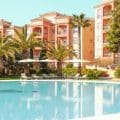
Ama Islantilla Resort
Ama Islantilla Resort offers luxurious accommodation on Islantilla Golf Course, 5 minutes’ drive from the beach. It has 3 outdoor pools and 1 indoor pool.
-
Budget
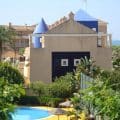
Islantur Ipanema
Islantur Ipanema Apartments are 150 metres from Islantilla Beach, on the Costa de la Luz. It has a tennis court and a seasonal outdoor pool. All apartments are modern and have a private balcony.
-
Luxury
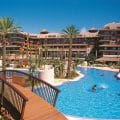
Puerto Antilla Grand Hotel
The Puerto Antilla Grand Hotel is on Islantilla beach, in the province of Huelva. It has 5 swimming pools, a spa, a fitness center and a children’s mini-club. Rooms at the Puerto Antilla hotel are decorated in a Mediterranean style and have air conditioning.
5. Matalascañas
Matalascañas is a tourist town in the municipality of Almonte.
This small town is famous for its location within the spectacular Doñana National Park.
The Doñana National Park is one of the largest in Spain and is known for its wetlands, immense variety of migratory birds, pine forests and the rolling dunes of its coastal area.
The national park visitor center is housed in the beautiful Palacio del Acebrón, a palace built in the mid-20th century.
The nearby Parque Dunar de Matalascañas comprises a dune system that runs along the coast from Matalascañas and towards Mazagón, covering some 130 hectares of desert ecosystems and pine forests.
The town of Matalascañas proper was developed in the 1970s as a tourist complex.
Today, Matalascañas is one of the most visited destinations in Huelva. Its tourism industry is mainly aimed at a Spanish audience.
In addition to the Doñana National Park, Matalascañas stands out for its 5 kilometres of beaches.
Matalascañas has a wide variety of accommodations. Unlike other towns such as Isla Canela or Islantilla, hotels here tend to be smaller and simpler, so Matalascañas is the cheapest area to stay on the coast of Huelva.
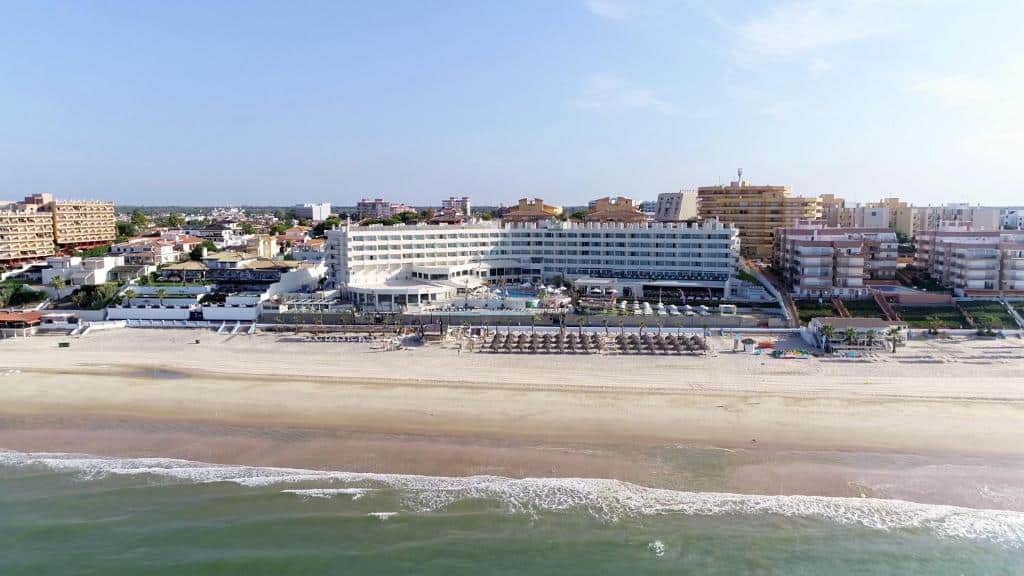
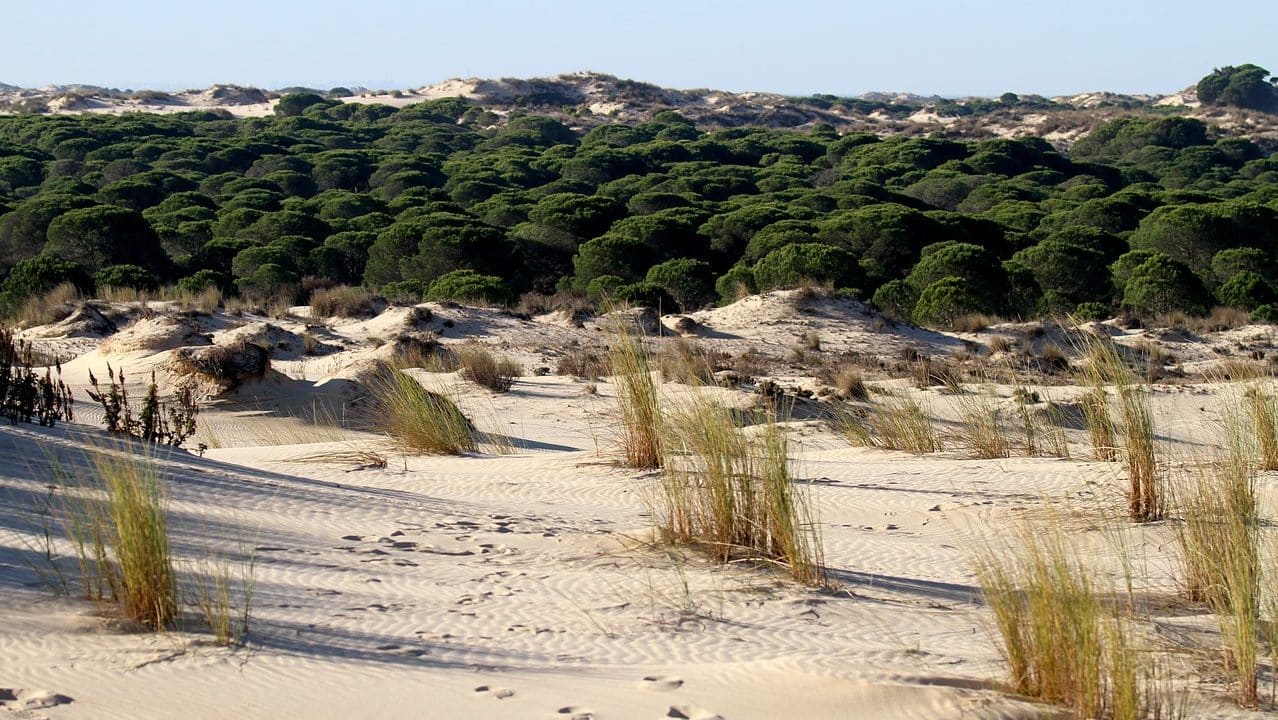
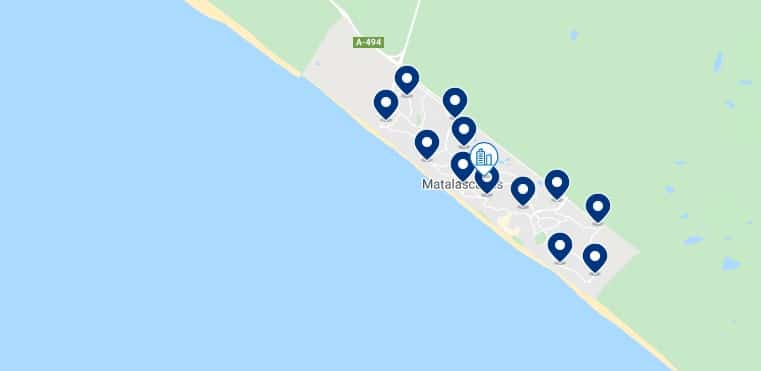
Why is this a recommended area to stay on Huelva’s coast:
- Cheap area to stay in Huelva
- Parque Nacional de Doñana
Accommodation in this area
-
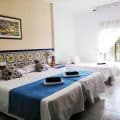
Hotel Matalascañas
Offering an outdoor pool and a free Wi-Fi zone, Hotel Matalascañas is located in Matalascañas, 10 minutes’ walk from Dunas de Doñana Golf Club. The rooms offer views of the garden or the pool, air conditioning, heating, a TV, a desk, a wardrobe and a private bathroom with free toiletries.
-
Budget

Hotel Doñana Blues
Doñana Blues is located in one of the most beautiful areas of Andalusia, in Doñana. It features free Wi-Fi in public areas and an attractive café.
-
Luxury
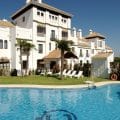
30 Degrees – Hotel El Cortijo Matalascañas
30 Degrees – Hotel El Cortijo Matalascañas is a 10-minute walk from Matalascañas Beach, in Doñana National Park, Andalusia. It offers an outdoor pool and air-conditioned rooms with a balcony and satellite TV.
6. El Portil & Nuevo Portil
The towns of El Portil and Nuevo Portil are two coastal areas in the municipalities of Punta Umbría (El Portil) and Cartaya (Nuevo Portil).
Separated by Calle de la Laguna Seca, both towns form, for practical purposes, a single settlement.
These two towns stand out for their 4-kilometre-long beach.
The El Portil beach area is more urban and offers services, shops, bars and restaurants.
On the other hand, Nuevo Portil beach, which is located near the Piedras River, has a more virgin and wild character, and offers fewer services.
This area is an excellent family destination and its proximity to the natural setting of Laguna de El Portil makes it a perfect destination for nature lovers.
7. Huelva City
The city of Huelva is located at the confluence of the Tinto and Odiel rivers and is the main economic, cultural and transport centre in the province of Huelva and the western Costa de la Luz.
This city has been occupied by different cultures and civilisations and its history is closely linked to the discovery of the American continent.
Although Huelva lacks the spectacular attractions that can be found in Andalusian cities such as Seville or Granada, the old part of the city is full of charming corners and historical and cultural attractions such as the Plaza de las Monjas, the Cathedral of Huelva, the Museum of Huelva, the Casa Colón and the Riotinto Pier.
In addition to its historical attractions, the main reason for choosing Huelva as the best entry point to explore Costa de la Luz is its excellent transport connections.
The Huelva capital has regional train services to Seville and Extremadura, and its bus terminal offers routes to practically every corner of the Costa de la Luz.
In addition, the city of Huelva is an excellent place to explore natural wonders such as the Marismas del Odiel, the beaches of Punta Umbría or the different landscapes of the mountains in the north of the province.
Accommodation in this area
-

Hotel Exe Tartessos
Hotel Exe Tartessos is located next to the Casa Colón Exhibition Center and 200 metres from Huelva City Hall, and offers rooms with free Wi-Fi and satellite TV. There is free WiFi throughout.
-
Budget

Pensión La Vega
Located 100 metres from Huelva Cathedral and 400 metres from San Pedro Church, Pension La Vega offers accommodation with free WiFi, air conditioning and a flat-screen TV.
-
Luxury
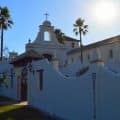
Hacienda Montija Hotel
This beautiful 11th-century property has been renovated, offers a seasonal outdoor pool and garden, and is just 15 minutes from the beach and 10 minutes from the centre of Huelva. It has free WiFi.
8. Ayamonte
Ayamonte is a border town located at the mouth of the Guadiana River.
This charming little town preserves its old medieval quarter intact.
The historic centre of Ayamonte stands out for its narrow pedestrian streets and historical buildings.
The Isla Canela beach area is connected to Ayamonte through a road that crosses the Marismas del Guadiana, a wildlife reserve home to many aquatic birds, including herons and flamingos.
The city is connected to Portugal through the modern Guadiana International Bridge, but there is also a ferry service between the two countries.
Ayamonte is the best place to stay in Huelva if you plan to also visit the Algarve.
Accommodation in this area
-

Hotel Ayamonte Center
The Ayamonte Center Hotel is located in the centre of Ayamonte, Huelva, next to the park and near the mouth of the Guadiana River. It is also close to the Portuguese border and to numerous leisure activities.
-
Budget

Hotel Riavela
Hotel Riavela is located in one of the oldest areas of Ayamonte. It offers bright rooms with air conditioning, free Wi-Fi, TV, minibar and private bathroom.
-
Luxury

Parador de Ayamonte
The Parador de Ayamonte offers magnificent views of the Guadiana River and the Algarve. It has a seasonal pool and restaurant. The rooms are spacious and have views of the river, the garden or the pool. In addition, they all include air conditioning and large windows with plenty of natural light. WiFi is available throughout.
9. Lepe
Lepe is a historic town located in Huelva, about 5 kilometers from the beaches of La Antilla and Islantilla.
Although it is an inland town, its historical heritage and excellent connections make it an excellent area to stay on the Costa de la Luz.
The main attractions of the old town of Lepe include the Castle of Lepe, the Church of Santo Domingo de Guzmán, the Hermitage of Nuestra Señora de la Bella and the Torre del Catalán.
Very close to this town you’ll find natural spaces such as the Marismas del Río Piedras Natural Park and the Flecha del Rompido.
Lepe has bus and coach connections with different towns in Huelva and Andalusia, and an urban bus line that connects it with La Antilla.
Read in other languages
|ES| Dónde alojarse en la Costa de la Luz de Huelva, España.
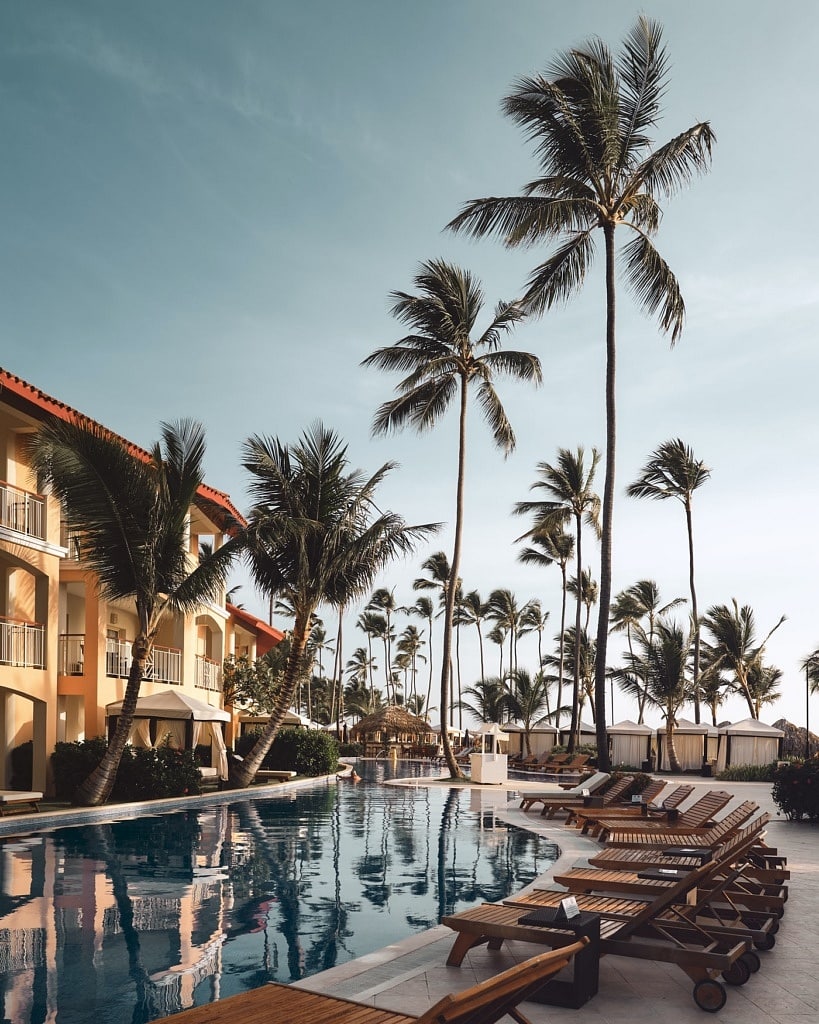

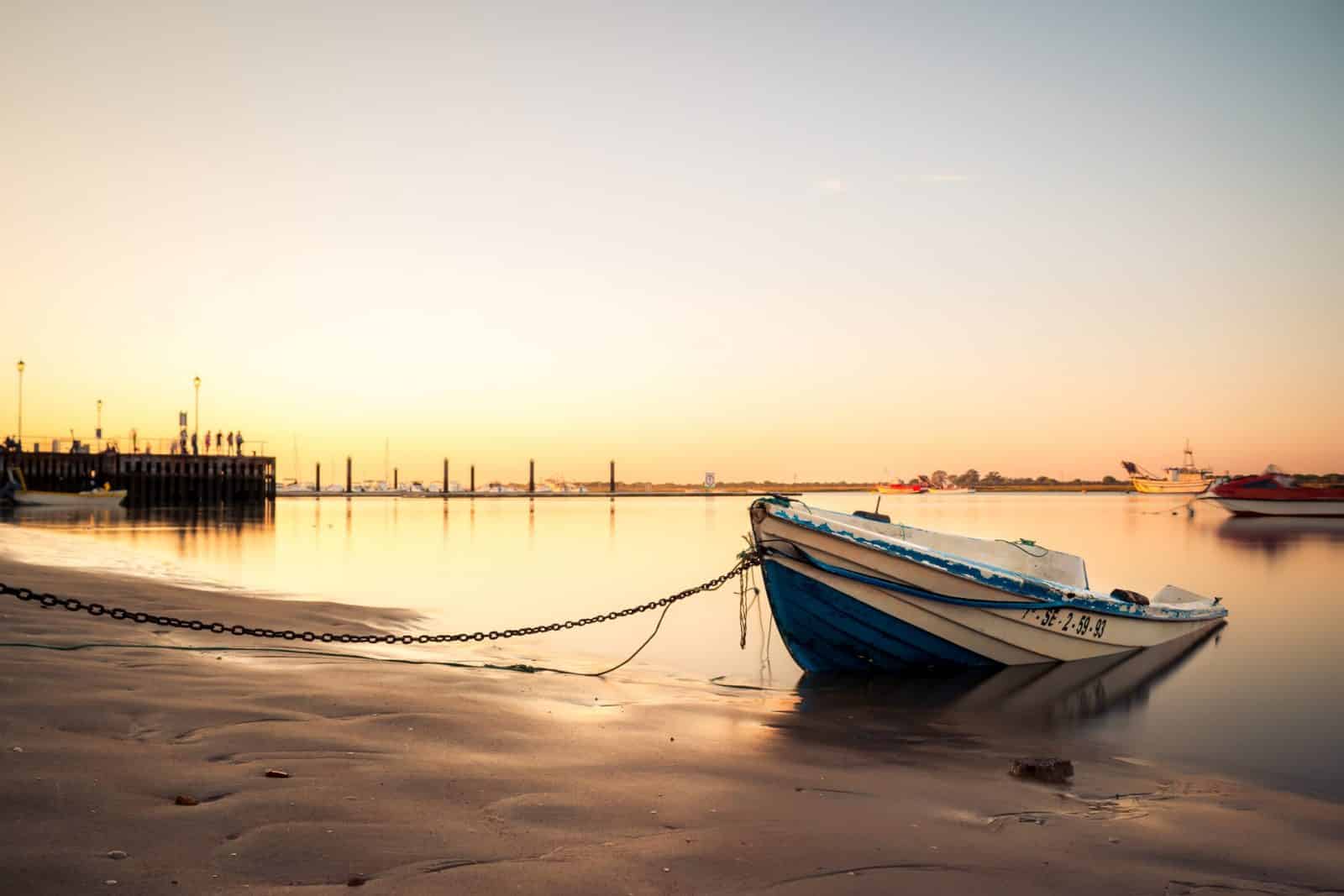
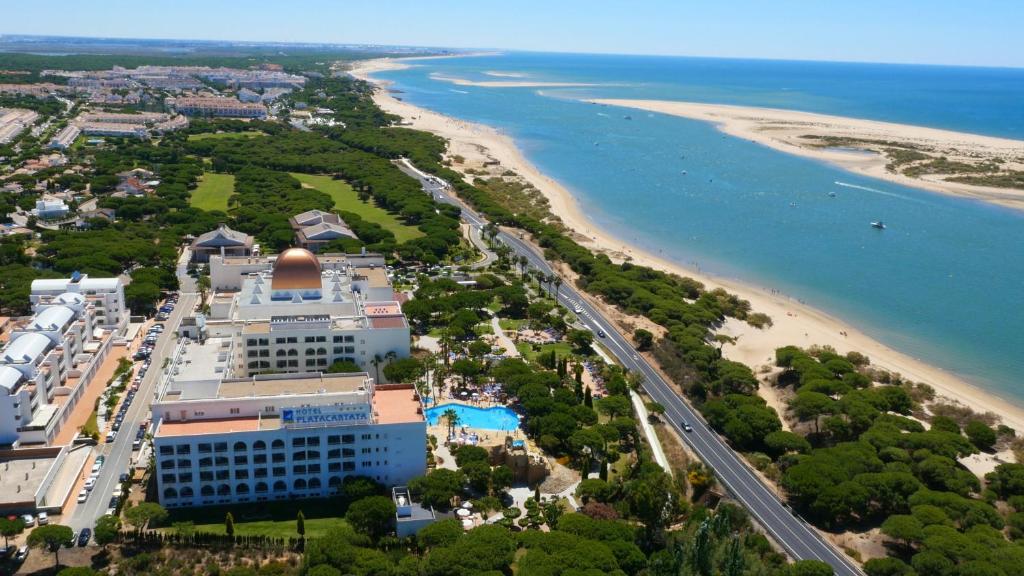
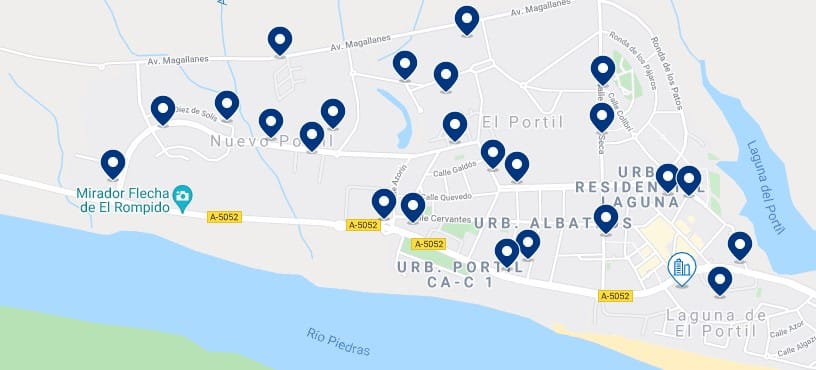
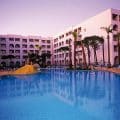
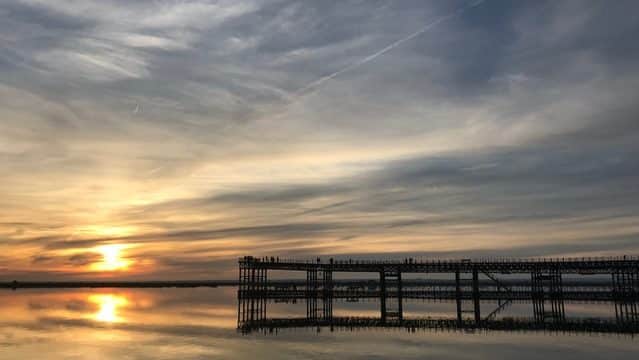
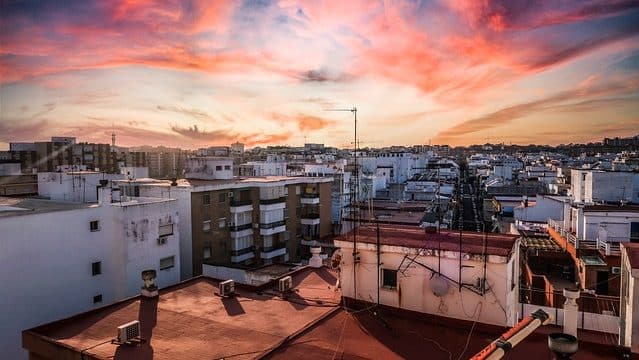
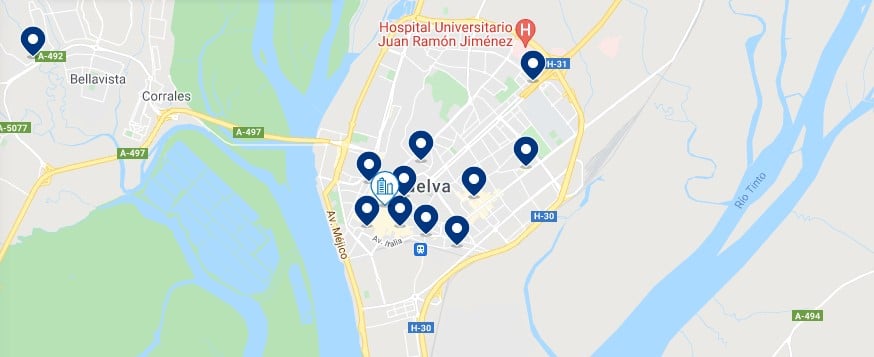
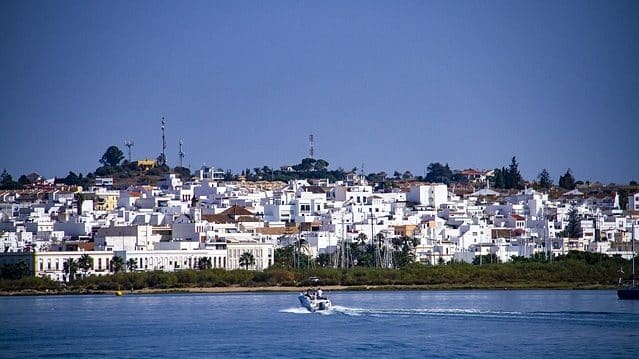
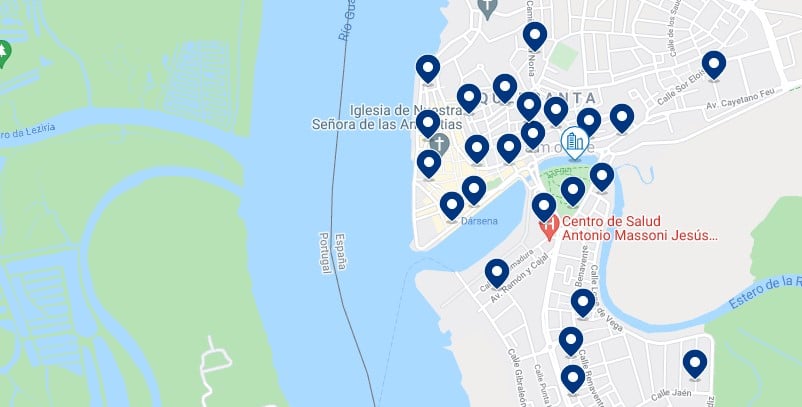
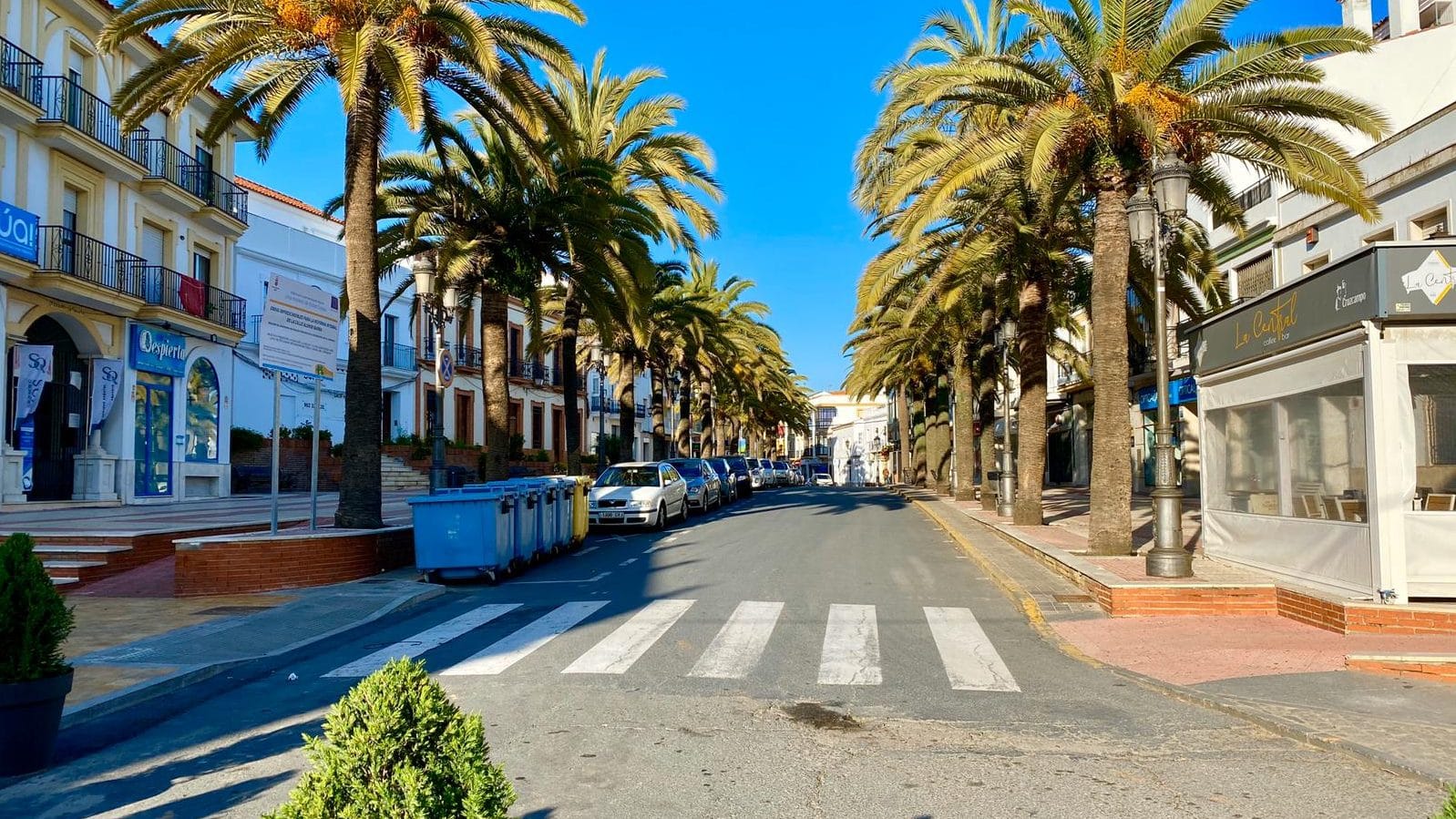
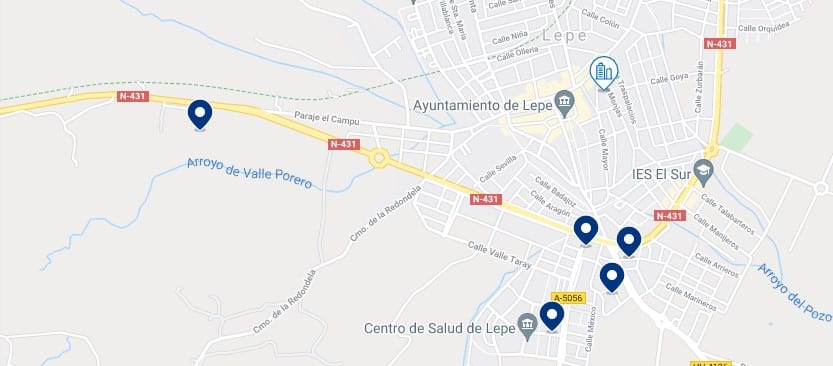
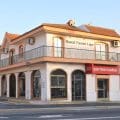


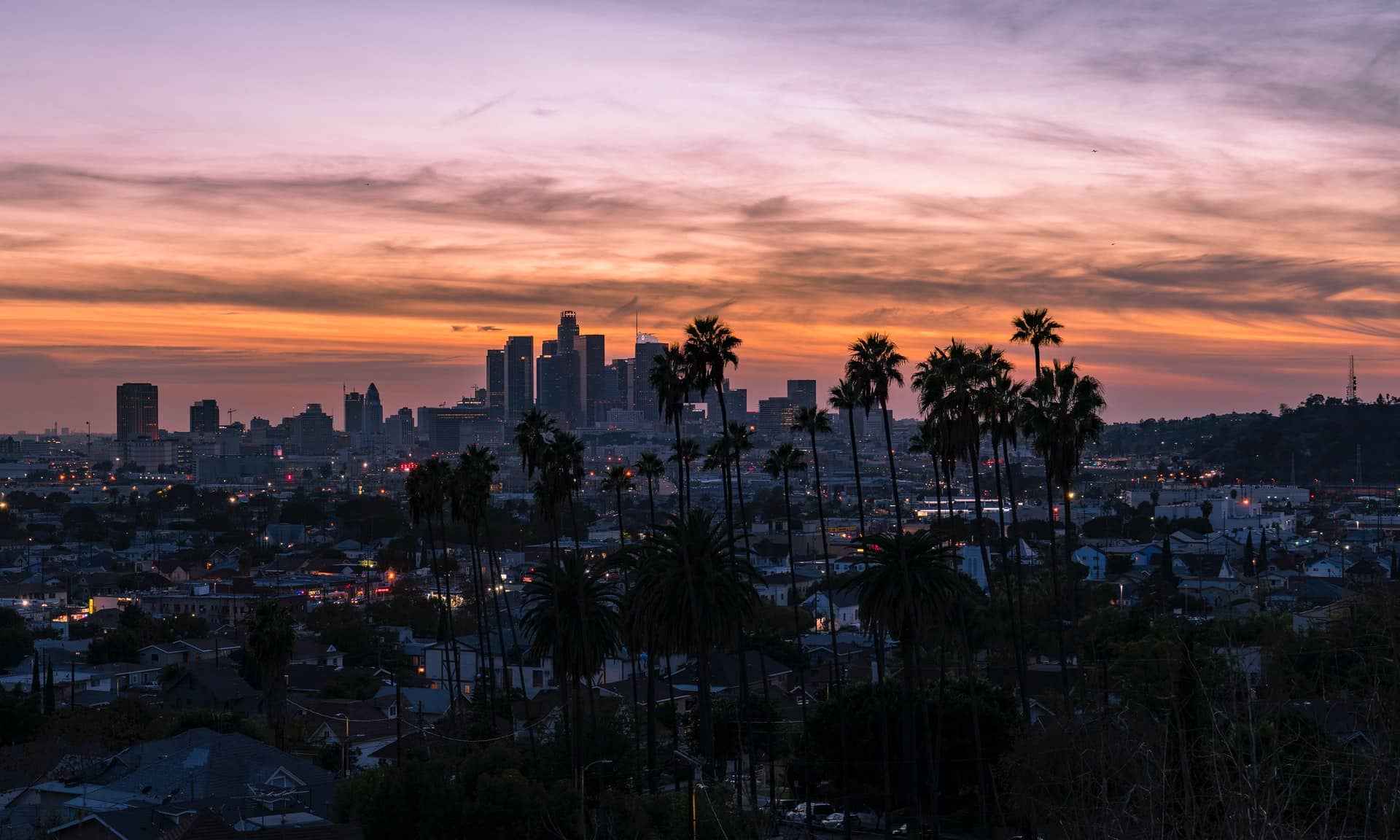
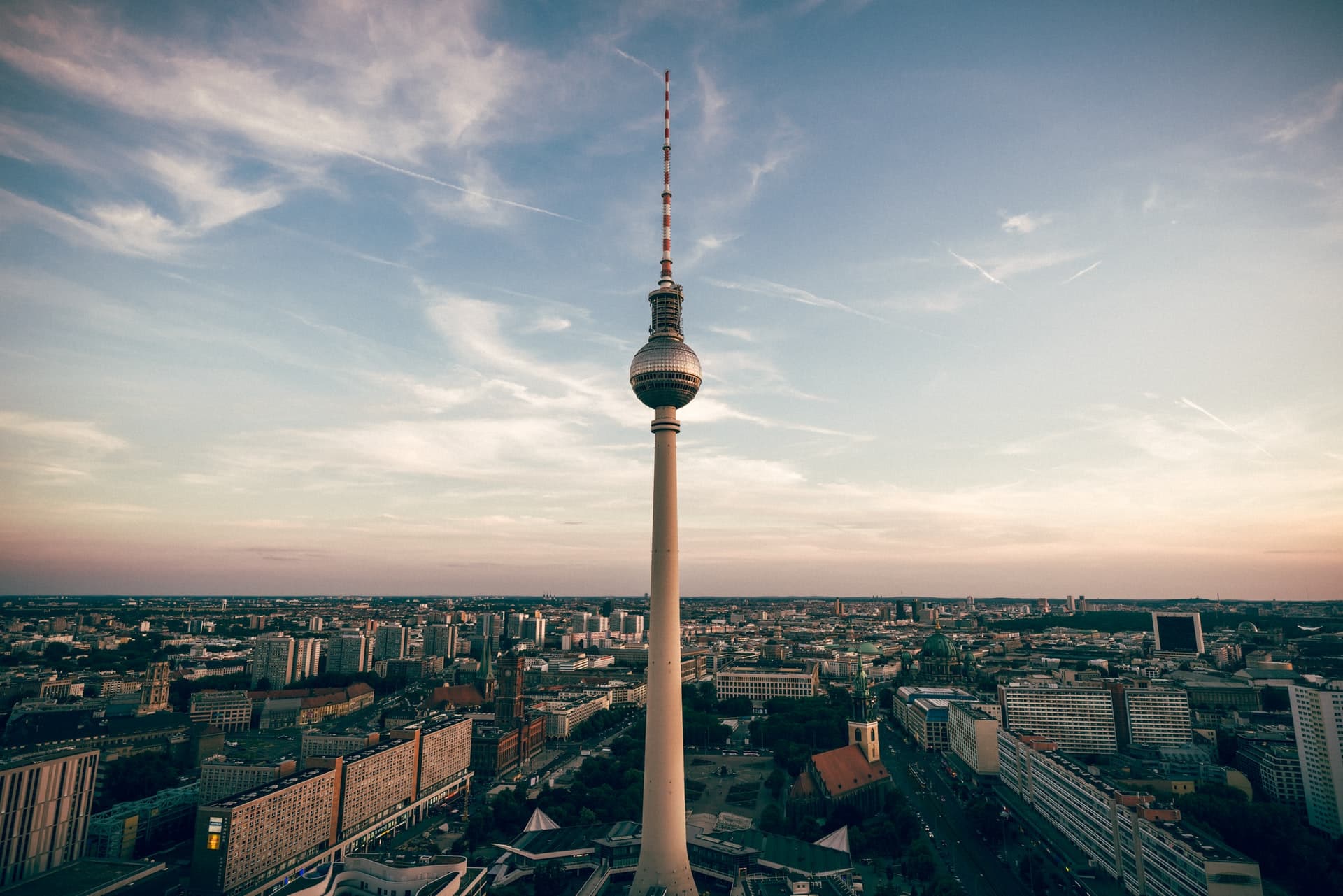

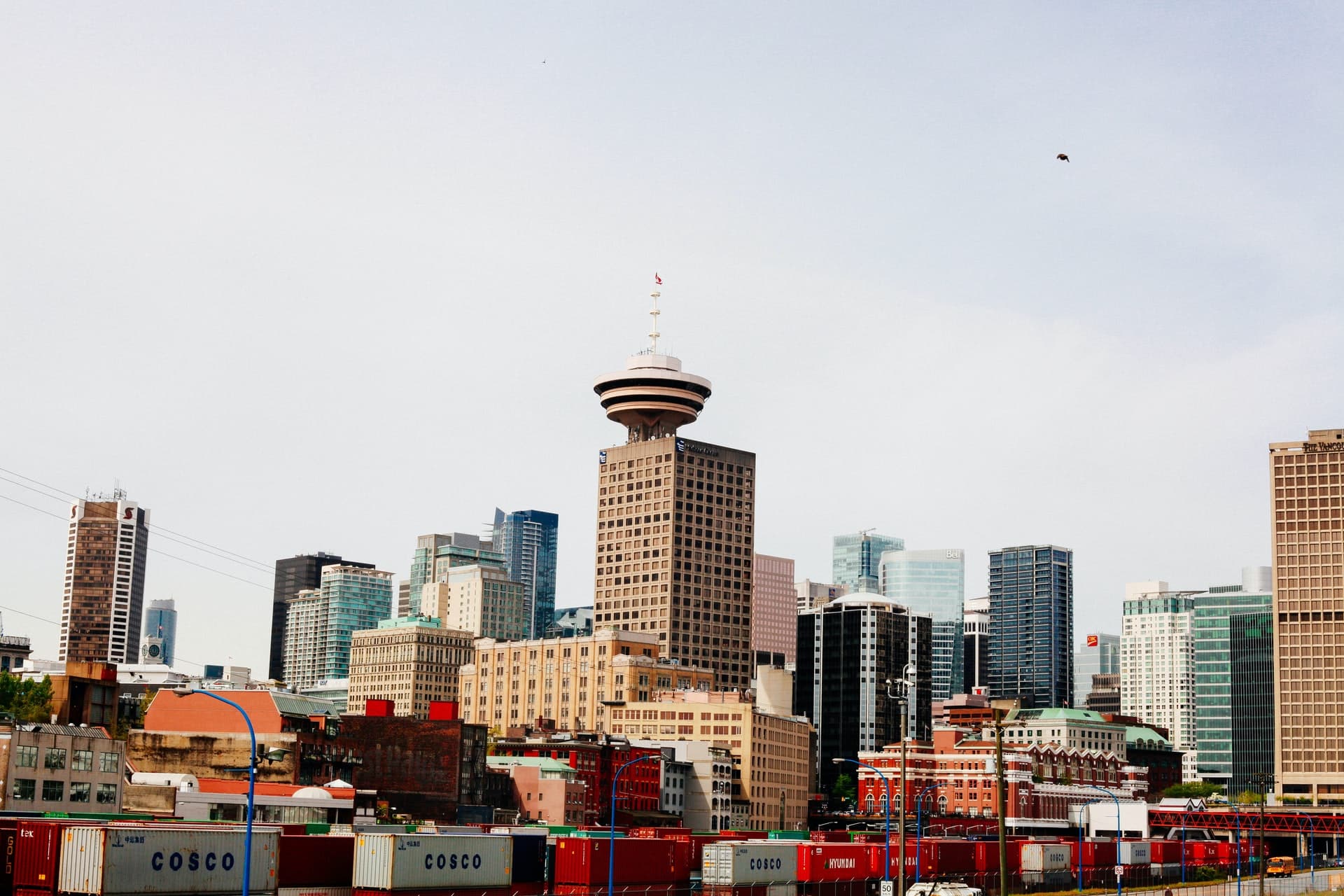

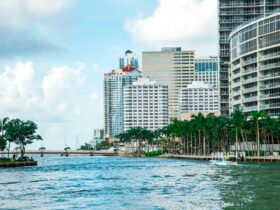
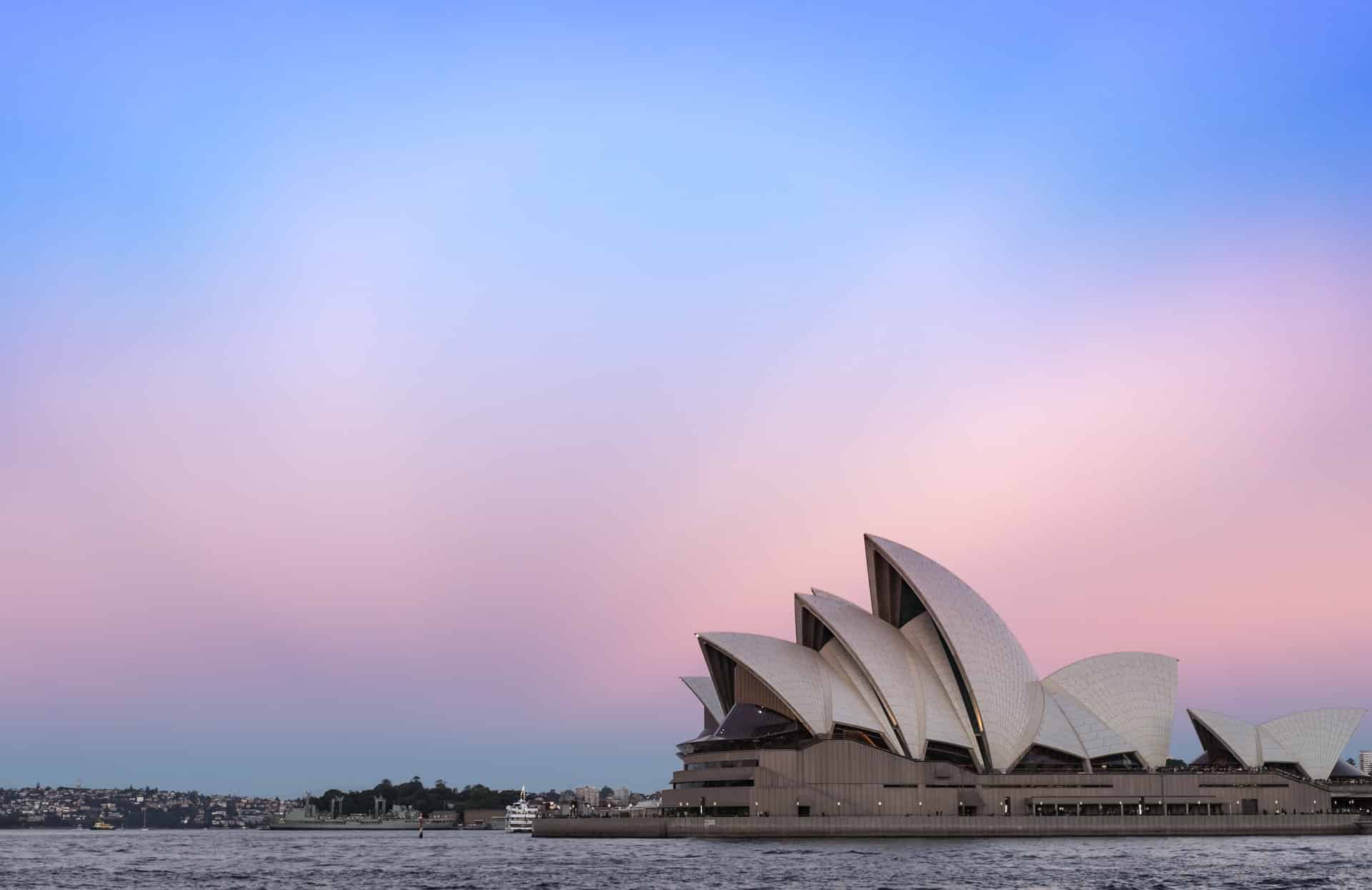

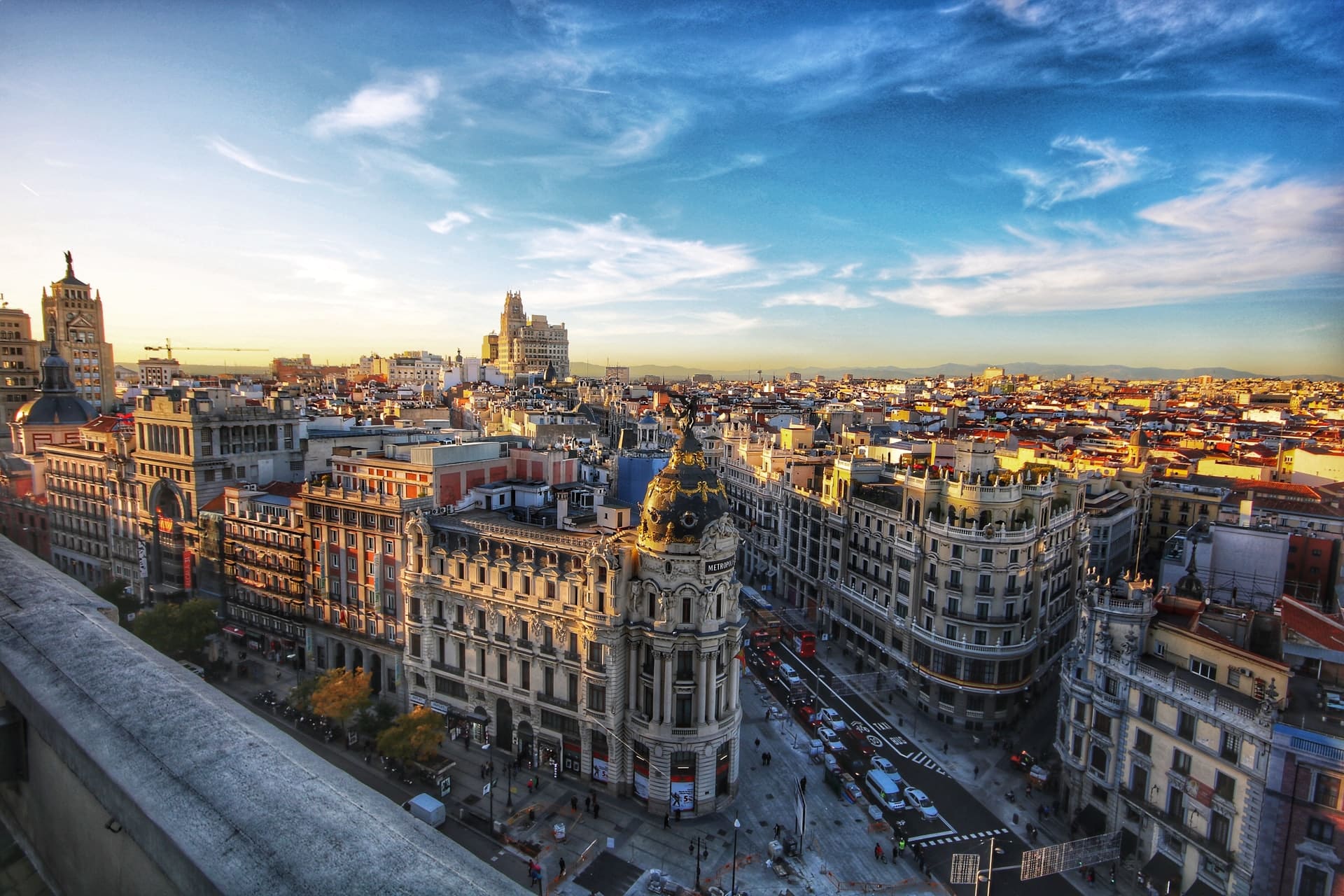

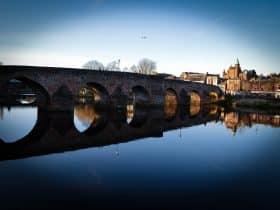
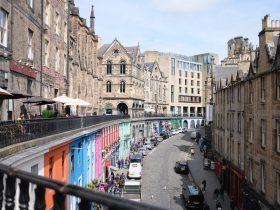
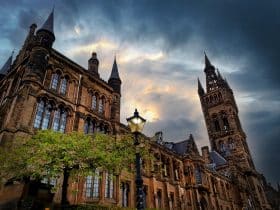
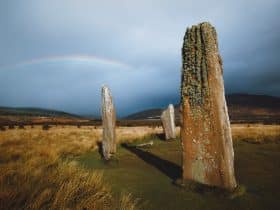
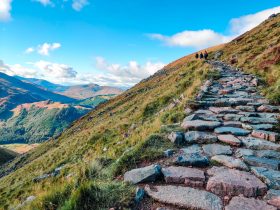
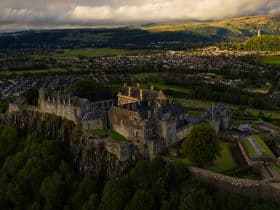
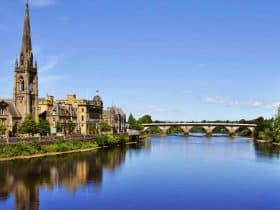

Leave a Reply
View Comments